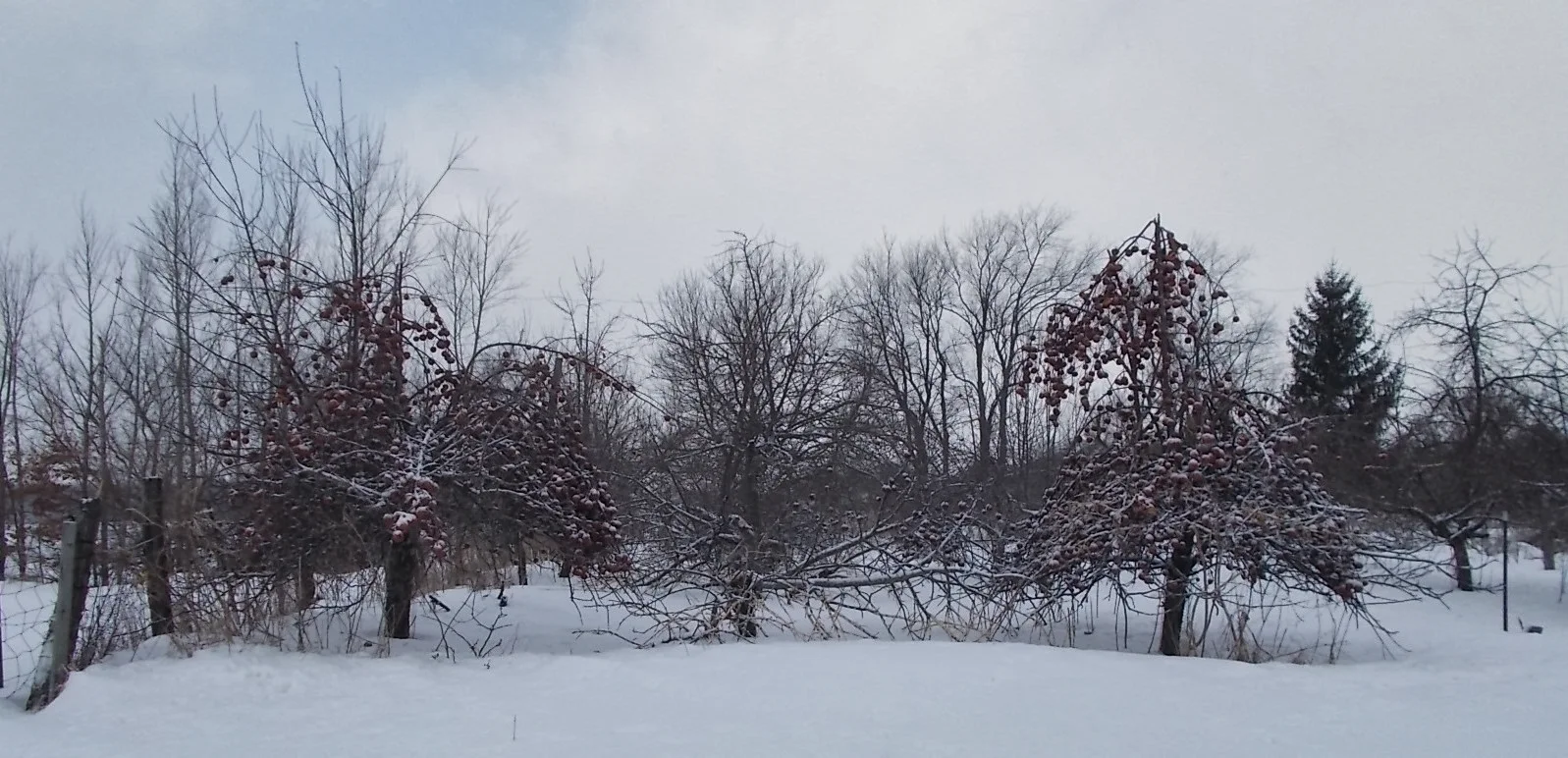The pernicious effects of maintenance, overhead and other hidden costs
"If you are not putting money in my pocket then you are taking money out of it." -Every businessperson
The general model of animal growth is that most of the resources (in excess of maintenance) in young animals goes to growing frame (i.e., skeleton), then when the frame is about 2/3 grown the lion's share of resources (in excess of maintenance) transition to growing muscle (meat), then when the animal is nearly full sized the lion's share of the resources (in excess of maintenance) transition to growing fat.
Part of the art of growing animals profitably is to know when to sell them. Ideally, it is the day they have sufficient fat to achieve the highest premium in the commodity market. Typical weights are 120 pounds for speckle-faced lambs, 230 pounds for meat hogs, and 1250 pounds for beef.
A key point is that the only resources that actually contribute to animal growth are those "in excess of maintenance". It is possible for animals to eat low grade forage that will stunt their growth such that they never reach a marketable condition. Those animals never put a dime in the owner's pocket. Rather, they take money out of the owner's pocket because they consume resources (capital, management time, feed, medications, etc.) that could be directed to profitable enterprises. There is no "surplus" to harvest, for city people to eat.
Another subtlety that might be missed by the casual reader is that the difference between forage that is 50% digestible and 60% digestible is not 10% but infinity. Domestic animals cannot meet their maintenance needs on 50% digestible forages, they actually lose weight. Those same animals will gain weight, get pregnant and raise salable lambs and calves on forage that is slightly higher quality at 60% digestibility.
| Picture from HERE |
Increasing maintenance needs throw the effects of low quality (or quantity) forage into even starker contrast. There is a reason why ranchers in harsh areas raise medium sized, thrifty mamas. They are the original "low maintenance" girls.
Plants
It is similar with plants. I was pruning apples trees today. Fruit trees produce branches with glorious abandon. The branches crowd and shade each other. The branches that bear fruit are weighted down and sink into the gloom beneath the dense canopy. Once in the shade they become net consumers as they cannot even photosynthesize enough to meet their maintenance needs.
My pruning plan is to remove every other row of trees so I can move about the orchard, care for the trees and harvest the fruit. The remaining trees are being pruned as a ray of sunshine can only be harvested once. A canopy that is any denser than that will set more fruit than the tree can ripen to excellence and air flow will diminish and disease can flourish.
Again, it is a case of reducing the maintenance demands of the tree so it can produce a surplus that I, as a human, can benefit from.
I think that one can find parallels in human social and economic systems if one digs deeply enough. Excessive commitment to maintaining legacies destroys surplusses, drags down productive enterprises and enervates the entire organism.
Schumpeter is sometimes cast as a champion of socialism, but one of his most important concepts is "Creative Destruction". Failing enterprises must be allowed to fail so resources, including capital, can be released for redeployment to more productive enterprises.
| Picture from HERE |
One of the things that tickles me is that I found a gentleman who wants the apple wood. He has a smoking business (?) and he will come over and pick up the wood. His name is Mike Poneta and his phone number is 517-525-3046.

No comments:
Post a Comment
Readers who are willing to comment make this a better blog. Civil dialog is a valuable thing.